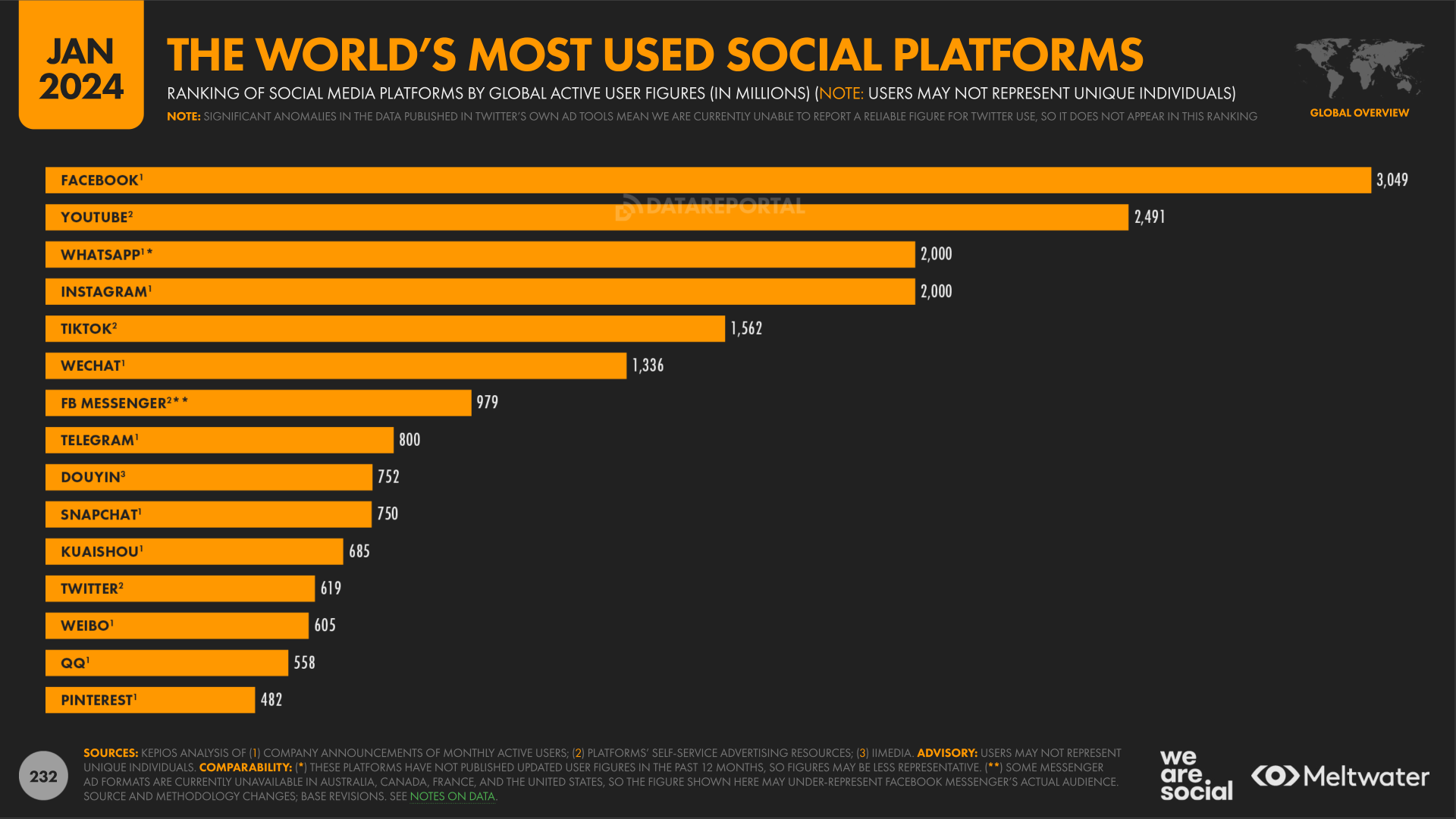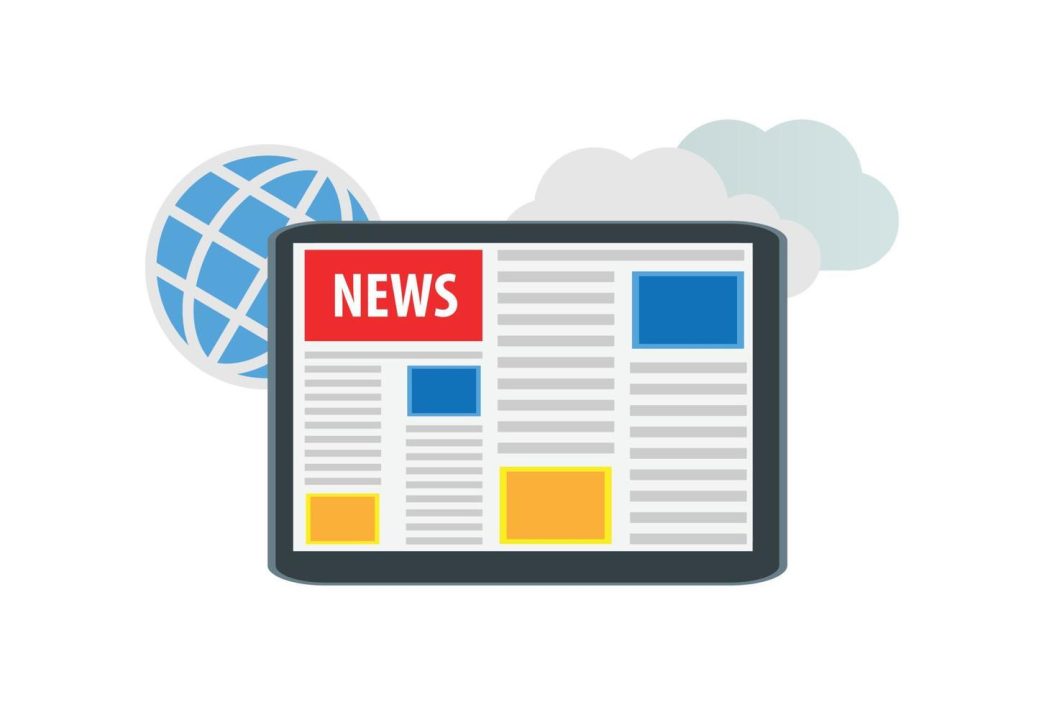Top 10 Messaging Platforms: Revolutionizing Communication in 2025
In today’s fast-paced world, messaging platforms have become an integral part of daily communication. Whether it’s staying connected with friends, colleagues, or businesses, these platforms provide seamless ways to engage with one another. In this article, we’ll explore the top 10 messaging platforms in 2025, diving into their features, user base, and why they stand out in a highly competitive market.
1. WhatsApp: The Global Leader in Messaging
WhatsApp is undeniably the most popular messaging app globally, with over 2 billion active users. It started as a simple chat app but has now expanded its features to include voice and video calls, status updates, file sharing, and business accounts.
Key Features:
-
End-to-End Encryption ensures privacy for users.
-
Ability to share photos, videos, documents, and voice messages.
-
WhatsApp Web allows for desktop messaging.
With its widespread use, WhatsApp remains the dominant messaging platform in many countries, offering both individual and group communication options.
For more on WhatsApp’s privacy features, check out our article on WhatsApp security.
2. Facebook Messenger: The Versatile Platform
Facebook Messenger has evolved from a simple messaging tool to a feature-packed app with video calls, games, bots, and even payment options. It’s no surprise that Messenger has amassed over 1.3 billion active users.
Key Features:
-
Integration with Facebook makes it easy to chat with friends.
-
Chatbots for businesses to assist with customer service.
-
Voice and video calls with high-quality connections.
Messenger’s integration with Facebook makes it incredibly easy to keep conversations going across devices. Whether you’re messaging a friend or engaging with a business, Messenger offers a lot of versatility.
3. Telegram: Privacy and Speed
Telegram is another powerhouse in the messaging world, particularly known for its focus on privacy and speed. It has gained a strong following due to its cloud-based design, which allows messages to sync across all devices.
Key Features:
-
Secret Chats with end-to-end encryption.
-
The ability to send large files (up to 2 GB).
-
Channels for broadcasting messages to large audiences.
With a strong emphasis on privacy, Telegram remains a go-to for users who value security and faster communication. The platform also offers unique features like public groups and bots that expand its functionality.

4. WeChat: The All-in-One App
Primarily used in China, WeChat is much more than a messaging app. It’s a complete social ecosystem that allows users to chat, make payments, book appointments, and more. With 1.2 billion active users, WeChat is essential for anyone doing business in China.
Key Features:
-
Payments and money transfers within the app.
-
Mini-programs for various services (shopping, food delivery, etc.).
-
Ability to connect with businesses via official accounts.
WeChat’s ability to serve as an all-in-one platform makes it a unique contender among messaging apps. It’s more than just about chatting—it’s about integrating various services into one convenient app.
5. Snapchat: Fun and Engaging Messaging
Snapchat stands out due to its ephemeral nature—messages disappear after they’ve been viewed. It’s popular among younger generations, with 400 million active users sending photos, videos, and stories.
Key Features:
-
Stories that disappear after 24 hours.
-
Filters and lenses for fun photo and video edits.
-
Snap Map to share locations with friends.
Snapchat’s focus on creative and fun communication is what draws users. It’s not just about messaging but also about self-expression and sharing unique moments in a playful way.
6. Signal: For the Privacy-Conscious User
Signal has grown in popularity due to its open-source design and commitment to user privacy. It’s often recommended by experts who prioritize data security.
Key Features:
-
End-to-End Encryption for all messages and calls.
-
Open-source software that ensures transparency.
-
Minimal data collection policies.
If privacy is your top priority, Signal offers a robust and secure platform for messaging without the fear of data breaches or surveillance.
7. Line: Popular in Japan
Line is the most popular messaging app in Japan, with over 167 million active users. It combines messaging with features like games, stickers, and payment services.
Key Features:
-
Stickers and customization for chat conversations.
-
Ability to send audio messages, photos, and videos.
-
LINE Pay for seamless transactions.
Line’s unique blend of social and business features, along with its local appeal in Japan, sets it apart from global giants like WhatsApp and Messenger.
8. Slack: For Professional Communication
Slack is the go-to messaging platform for teams and workplaces. It’s widely used for internal communication in businesses and organizations to improve collaboration.
Key Features:
-
Integration with tools like Google Drive, Trello, and Asana.
-
Channels for team communication.
-
Ability to share files, links, and ideas easily.
With its focus on productivity, Slack helps teams communicate more effectively and streamline their workflow. It’s a powerful tool for businesses looking to enhance their internal communication.
9. Discord: Connecting Gamers and Communities
Discord has become the premier messaging platform for gamers. It’s also popular for online communities and interest groups, with over 150 million active users.
Key Features:
-
Voice channels for real-time communication.
-
Community servers for various groups and hobbies.
-
Screen sharing for interactive experiences.
Originally designed for gamers, Discord has expanded to accommodate all types of communities, from hobbyists to professionals, making it a diverse platform for online interaction.
10. Viber: Global Communication at Your Fingertips
Viber, a messaging app popular in Europe and parts of Asia, has over 1 billion active users. It allows users to send texts, voice messages, and make calls to other users around the world.
Key Features:
-
Free calls and messages to any Viber user.
-
Ability to call landlines and mobile phones via Viber Out.
-
Public Accounts for businesses to engage with customers.
Viber’s ability to offer both free and paid services makes it a versatile tool for global communication. It’s a great option for anyone looking to stay connected internationally.

Frequently Asked Questions (FAQs)
1. Which messaging platform is the most secure?
Signal is widely regarded as the most secure messaging platform due to its end-to-end encryption and open-source code. It’s highly recommended for users who prioritize privacy.
2. Which messaging app is the best for businesses?
WhatsApp Business and Messenger for business both offer tools designed for customer service and business communication. However, for internal team communication, Slack and Microsoft Teams are the best options.
3. Is WhatsApp better than Telegram?
It depends on your priorities. WhatsApp is more widely used and has stronger encryption, while Telegram offers cloud storage and privacy features for users who need more control.
4. Can I use these messaging apps on my computer?
Most of the top messaging apps, such as WhatsApp, Telegram, and Messenger, offer web versions or desktop apps, allowing you to continue conversations on your computer.
5. Which messaging app has the most features?
While WeChat offers the most diverse set of features, including payments, games, and mini-programs, Facebook Messenger and Telegram also provide a wide range of functionalities like chatbots, file sharing, and group calls.
Conclusion
Messaging platforms are constantly evolving, with each offering unique features suited to different communication needs. Whether you’re looking for privacy, business communication, or just a fun way to stay in touch with friends, there’s an app for you.
For more insights on digital communication, feel free to check out our latest articles.


